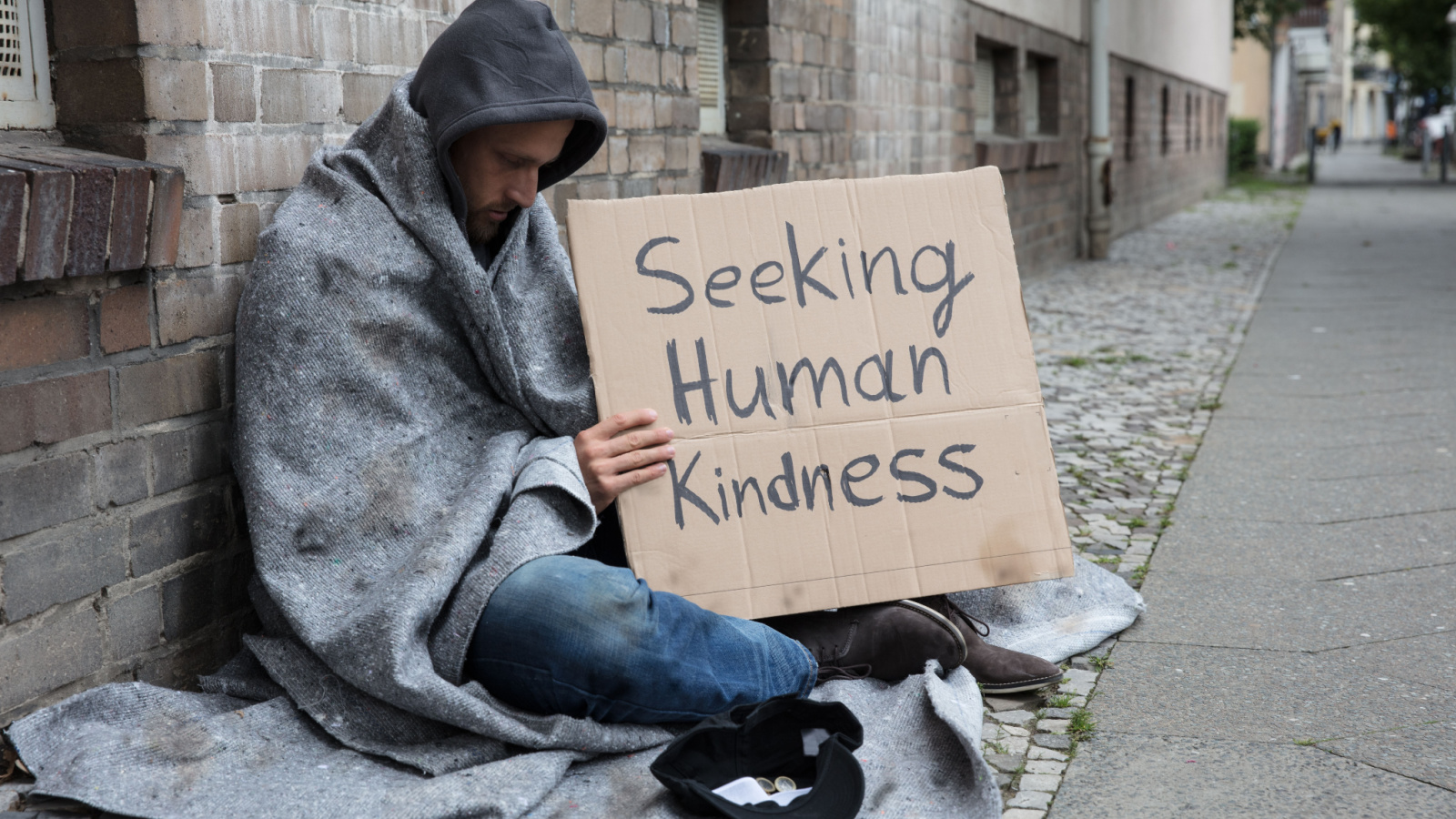How Government Spending Is Secretly Ruining the Economy

Inflation affects prices everywhere, from your morning coffee to your retirement savings. Take a closer look at how inflation affects everything around you, for better or worse.
Rising Cost of Living

As inflation rises, so does the cost of everyday goods and services. This means consumers can buy less with the same amount of money, impacting their overall quality of life. Over time, this can lead to decreased consumer spending.
Decreased Purchasing Power

Inflation erodes the purchasing power of money, making savings worth less over time. This discourages saving and encourages spending, which can further fuel inflation. It’s a cycle that can be hard to break.
Interest Rate Fluctuations

To combat inflation, central banks often raise interest rates, making borrowing more expensive. This can slow down economic growth as businesses and consumers cut back on spending. However, it’s a necessary tool to keep inflation in check.
Wage-Price Spiral

As the cost of living increases, workers demand higher wages to keep up, which can lead to a wage-price spiral. Businesses then pass these costs onto consumers, further driving inflation. It’s a challenging cycle for economies to manage.
Investment Returns Diminish

Inflation can erode the real returns on investments. For fixed-income investments, the interest earned might not keep up with inflation, reducing the real value of future payouts. This makes it harder for investors to plan for the future.
Increased Production Costs

Inflation raises the cost of raw materials and labor, increasing production costs for businesses. These costs are often passed on to consumers, leading to higher prices for goods and services. It can also lead to reduced profit margins for businesses.
Currency Devaluation

Inflation can lead to the devaluation of a country’s currency in the international market. This makes imports more expensive and can increase the trade deficit. However, it can also make exports cheaper and more competitive.
Uncertainty and Speculation

Inflation can create economic uncertainty, leading to speculation in commodities and real estate. This speculation can drive prices even higher, contributing to further inflation. It can destabilize markets and lead to bubbles.
Impact on Savings and Retirement

For individuals saving for retirement, inflation can significantly impact the purchasing power of their future retirement funds. It makes it more difficult to predict how much money will be needed in retirement, making saving a moving target and complicating financial planning.
Government Debt Servicing

Inflation can increase the cost of servicing government debt, especially if that debt is tied to inflation rates. Higher interest payments on debt can lead to increased taxes or reduced government spending on services. It’s a burden that can affect entire economies.
Disparity in Income and Wealth

Inflation can widen the gap between the rich and the poor. Those with fixed incomes or living on savings are hit hardest, while those with assets that appreciate with inflation, like real estate, can benefit. This can lead to increased economic inequality.
Changes in Consumer Behavior

Faced with rising prices, consumers may change their spending habits, prioritizing essentials over luxuries. This shift can impact businesses differently, benefiting some industries while hurting others. Consumer confidence plays a crucial role in economic stability.
Shifts in Monetary Policy

Inflation often leads to shifts in monetary policy as central banks adjust strategies to stabilize the economy. These changes can have wide-ranging effects, from altering investment landscapes to affecting currency values. Investors closely watch policy responses to inflation.
Imported Inflation

Countries heavily reliant on imports can experience imported inflation when their currency devalues. This makes foreign goods more expensive, contributing to domestic inflation. It’s particularly impactful for countries dependent on imported energy and food.
Competitive Disadvantages

Rising costs can mean losing a competitive edge for businesses both domestically and internationally. When production costs rise, consumer prices do, too, making products less attractive compared to cheaper foreign alternatives. It’s a challenge for businesses trying to maintain market share.
Housing Market Fluctuations

Inflation can lead to higher interest rates, which affects mortgage rates. This can cool down a hot housing market or exacerbate a downturn. The housing market is often sensitive to changes in inflation and interest rates.
Stagflation Risk

High inflation combined with stagnant economic growth and high unemployment—stagflation—presents a complex challenge. It’s difficult for policymakers to address without exacerbating at least one of the conditions. Stagflation can lead to prolonged economic discomfort.
Cost of Education Increases

The cost of education can rise with inflation, putting financial strain on students and families. Higher education costs can lead to increased student debt, which can affect young adults’ economic freedom and have a long-term impact on society.
Healthcare Costs Rise

Inflation drives up healthcare costs, making it more difficult for individuals and governments to afford. This can lead to reduced access to healthcare services and increased insurance premiums. The impact on public health and financial well-being can be profound.
Social Unrest

Prolonged inflation without wage growth can lead to social unrest. As the cost of living increases without a corresponding increase in income, public dissatisfaction can grow. This socio-economic impact can have wide-reaching effects.
Long-term Economic Planning Challenges

For governments and businesses, inflation complicates long-term economic planning. Projects that were financially viable under one set of economic conditions may not be under another. Inflation introduces uncertainty into economic forecasts and planning.
Joe Frankel
Joe Frankel is a seasoned writer with a degree in Philosophy who enjoys covering entertainment and money topics. He's a coffee aficionado who enjoys roasting his own beans and making cold brew at home.
